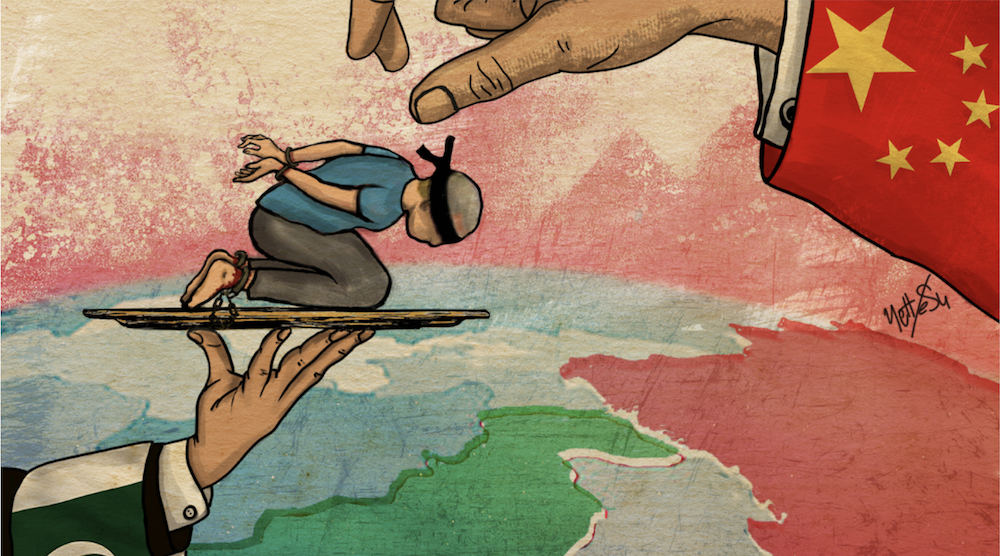By Tenzin Monlam
 DHARAMSHALA, October 24: The President of the Central Tibetan Administration said that Tibet is not just an issue for six million Tibetans but for whole of Asia and the rest of the world. CTA President Lobsang Sangay was speaking at a conference jointly organized by the Chennai Centre for China Studies (3CS) and Tibet Policy Institute (TPI) at Gangchen Kyishong today.
DHARAMSHALA, October 24: The President of the Central Tibetan Administration said that Tibet is not just an issue for six million Tibetans but for whole of Asia and the rest of the world. CTA President Lobsang Sangay was speaking at a conference jointly organized by the Chennai Centre for China Studies (3CS) and Tibet Policy Institute (TPI) at Gangchen Kyishong today.
Titled, ‘Tibet: A Global Common or a Bone of Contention’, the maiden initiative by the two centers aims to discuss gamut of India-China relations as experts exchange theirs views on China’s dynamic transformation and its impact on India and the neighboring nations.
“Environmentally it impacts all the way to South and North America. Being the water tower of Asia, over 1.4 billion people depend on the fresh water flowing from Tibet,” the President said while adding how the arms race and militarization of Asia could prove problematic for the continent’s growth in the 21st century, which many experts see as Asia’s Century led by China and India.
Sikyong Sangay said, “China’s expansionist policy has been clear since Mao, who saw Tibet as the palm in order to control the five fingers which are Arunachal, Ladakh, Nepal, Bhutan and Sikkim. Hence, Doklam is the symptom of the five fingers and it sends a message to Nepal, Arunachal and Ladakh.”
Earlier in the day, the two centers signed a Memorandum of Understanding. According to Tenzin Lekshay, Deputy Director of TPI, under the MoU they have agreed to share information with each other and also organize meetings of experts to develop as researchers.
Professor Ramu Manivannan, Head of Department of Politics and Public Administration, University of Madras, in his keynote address said that Tibet is not just a concern of Tibetans but also a concern of India and the South Asia and Southeast Asia.
“It is not sufficient to have sympathy for Tibet,” professor Manivannan said, “Don’t have a romantic and sympathetic understanding but have a righteous political understanding. It is important to have a right perspective about what does Tibet means to us.”
The one-day conference was attended by members of Tibetan government in exile and various Tibetan NGOs and 10 Indian students of 3Cs.
“My presentation highlights China’s policy regarding the management of the reincarnation of living Buddha (tulku). As per my research there are 6 prominent tulkus under Beijing’s care and it is clear that whether the 15th Dalai Lama is born in exile or not China is adamant at appointing their own,” Tenzin Tseten, research fellow at TPI, said on his presentation ‘China’s management of Tibetan Buddhism. ‘









